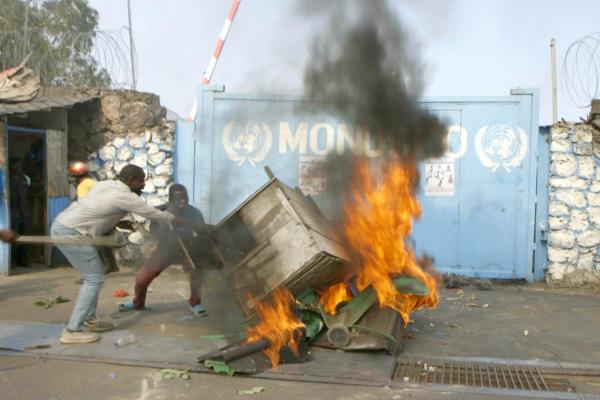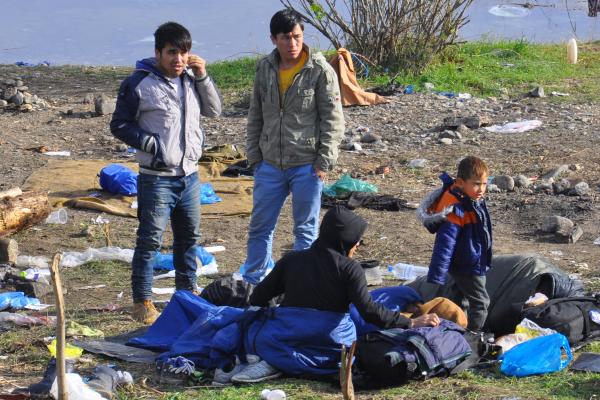But will that actually succeed? With the support of the Pascal Decroos Fund, Selma Zijlstra travels to Busan to explore the challenges facing development aid in 2011 and the new trends emerging in the global development landscape.
The Busan summit follows previous international aid effectiveness summits in Rome (2003), Paris (2005) and Accra (2008). At these summits, donors and recipient countries agreed to make aid more efficient. In the Netherlands, however, the Ministry of Foreign Affairs did not take a clear position on this issue. The importance of achieving measurable results was also emphasised, as was the need to hold citizens accountable for these results. However, a recent evaluation shows that many of these goals have not yet been achieved. The international conference in Busan provides an opportunity to review the situation and plan the next steps.
However, Busan's remit extends beyond aid effectiveness. In an era of successive global crises and shifting power relations, the forum aims to establish a new framework for development cooperation. New donors, such as China and Brazil, are emerging, and companies are becoming increasingly involved in development cooperation, too. The importance of global public goods, such as climate, food security, financial stability, security, and energy issues, and their impact on development, calls into question the relevance of development cooperation. Will Busan provide an answer to these challenges? What will this mean for the future of development aid?
new TWTR.Widget({ version: 2, type: 'search', search: 'HLF4', interval: 30000, title: '4th High Level Forum on Aid Effectiveness', subject: 'Busan, Korea', width: 250, height: 300, theme: { shell: { background: '#8ec1da', color: '#ffffff' }, tweets: { background: '#ffffff', color: '#444444', links: '#1985b5' } }, features: { scrollbar: false, loop: true, live: true, behavior: 'default' } }).render().start();


